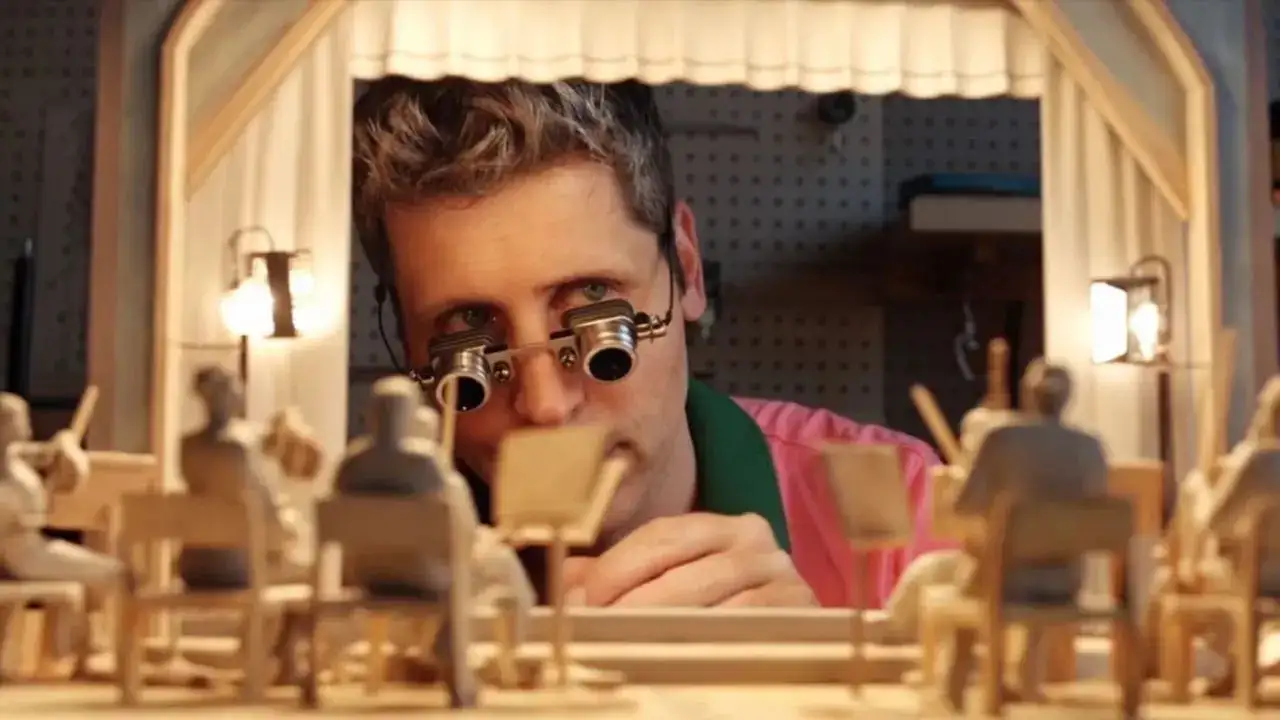
Key Takeaways
Younger shoppers, especially Gen Z, now see secondhand as sustainable, affordable and even brag-worthy — a major cultural shift.
BaseCamp’s proprietary pricing and POS system removes the subjectivity of resale, letting franchisees operate with fast-food-style efficiency.
Franchisees don’t just run profitable stores — they help families stretch paychecks, give parents affordable access to quality goods and reduce waste.
Resale isn’t just about bargains anymore — it’s about big business. Tyler and Zach Gordon, the brothers behind secondhand brands Uptown Cheapskate and Kid to Kid, have scaled parent company BaseCamp Franchising into a $250 million system, proving that, in today’s market, secondhand retail can be stylish, scalable and franchise-ready.
Related: Considering franchise ownership? Get started now to find your personalized list of franchises that match your lifestyle, interests and budget.
The timing couldn’t be better. Resale is booming, fueled by Gen Z shoppers who prize sustainability and value in equal measure. And Uptown Cheapskate’s average unit volume (AUV) of $1.3 million (and Kid to Kid’s just under $1 million) proves that secondhand doesn’t mean second-best in terms of economics anymore, either.
“Younger generations see thrift as individuality, sustainability and value.”
“There used to be a fairly meaningful stigma around thrift — dusty, dirty, disorganized — and the only people who shopped secondhand were either doing it out of necessity or for sustainability reasons,” Tyler says. “Today, that stigma has inverted. Younger generations see thrift as individuality, sustainability and value. They brag about how little they paid for something.”
But the Gordons aren’t just riding a trend. They’ve built a proprietary point-of-sale and pricing system that takes the guesswork out of resale and gives franchisees the kind of operational consistency that’s often missing in the industry. “Traditional thrift is full of subjectivity — what to buy, what to pay, what to price at, when to mark down,” Tyler explains. “We’ve taken that and made it objective and data-driven. A franchisee can hire a 16-year-old and on day two have them buying product, because the system makes it that simple.”
Related: These Are the Top Franchise Suppliers of 2025
The company’s operational backbone is reinforced by a culture of collaboration. Tyler manages marketing, finance and franchise development, while Zach oversees technology, operations and legal. Each brother runs his own side of the business, but they stay in constant communication, weighing in on one another’s decisions and challenging each other when needed. “That’s the benefit of being brothers,” Zach says, “we don’t shy away from friction, and it helps us make better decisions.”
“We don’t shy away from friction, and it helps us make better decisions.”
Kid to Kid (#286 on the Franchise 500) has grown far beyond its boutique-style beginnings. Once defined by small stores, highly curated racks and strictly seasonal buying, the brand now operates larger locations with a much deeper and faster-turning inventory. Stores purchase for all seasons throughout the year, holding merchandise until it’s ready to hit the floor, so customers have access to an ever-changing assortment of products.
Uptown Cheapskate ranks #249 on the Franchise 500, with an AUV of $1.3 million, while Kid to Kid is close behind at just under $1 million, proving that resale can compete with — and even outperform — many traditional retail or food concepts. While the stores may look like boutiques, the business model runs more like a fast-food operation: high volume, tight execution and relentless efficiency. “Every sale means helping a family stretch their paycheck further, or giving young parents access to great clothes and toys, or reducing waste,” Tyler says. “That magnifies the meaning of the business in a way that’s rare in franchising.”
Related: She Moved to the U.S. at 17 and Worked at a Gas Station — Then Became CEO of a $1 Billion Brand
Resale’s popularity is fueled in part by sustainability, which has made secondhand shopping more socially acceptable by highlighting its role in reducing waste and keeping clothing out of landfills. But while eco-consciousness may draw shoppers in, it’s the value that keeps them loyal. Many items are barely worn — some still carry their original tags — yet sell for a fraction of retail prices.
“Resale might not be the sexiest place to focus. But once you get inside, it’s incredibly vibrant.”
And while thrift may not sound glamorous at first, Tyler says the reality is different: “When Zach and I first came in, we thought resale might not be the sexiest place to focus. But once you get inside, it’s incredibly vibrant. The customer base is passionate, the employees love working there, and the impact is real. It ends up being fun and meaningful in ways you don’t always expect.”
Looking ahead, Zach believes the runway is long: “If I zoom out, I don’t see any reason why both Uptown and Kid to Kid won’t be multiples of the size they are today,” he says. “At least two times bigger in the next five years.”
What’s clear is that the brothers don’t see themselves as simply running resale stores. They see themselves reshaping how Americans shop — and how franchisees can succeed — by making sustainability, affordability and profitability all part of the same equation.



